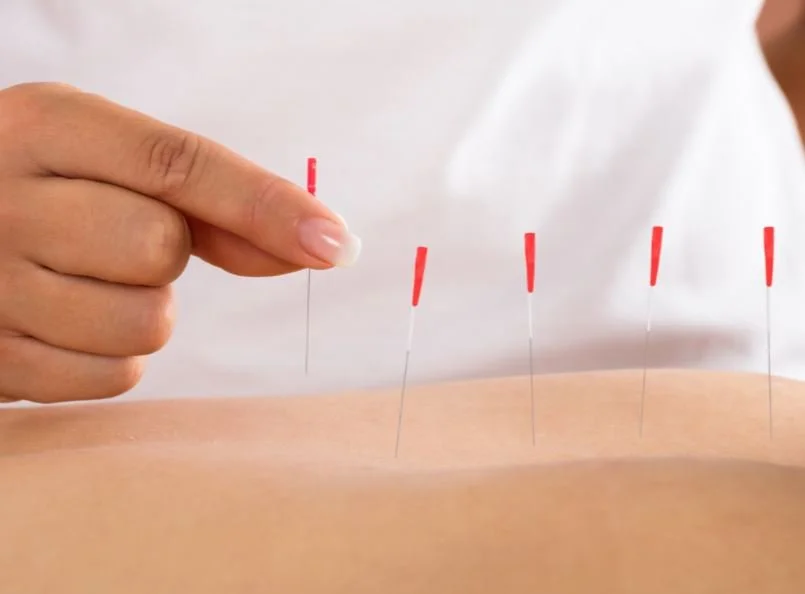
Pain relief and sleep. Other options.
What approaches do folks take to pain relief and getting sleep?
WARNING: This is not medical advice.
It’s important you consult with your doctor/surgeon/consultant before doing anything described below. Much of the content below, are not approaches I have taken myself (but might do in the future), but I have included after talking to other pilon fracture sufferers in particular. Some things work for some, and not for others.
It is assumed at this stage that we will all be leaning on pharmaceutical meds to deal with pain to some degree or another. It would be unusual not to. The hope is that any severe pain you’re experiencing will only be short term.
You need to sleep to recover, so do what you can to make sure you get sleep and don’t suffer through the days more than you have to. You might need something to help you get to sleep or help your sleep quality. Speak to your doctor about you might need meds wise.
Here is an interesting podcast on pain which was recommended to me by one of the nice folks in the Pilon Fractures Suck group. It’s worth a listen.
Below I’m going to mention a few things that might work for you outside regular meds.
Ice packs and Ice boots
This works wonders for some people who are suffering with pain swelling. Especially if you are at the weight-bearing or physio stage. Check this one out as an example.
Elevation
This might seem obvious - but elevating your injured ankle or leg is a no brainer. Especially in the days, weeks, and months after your injury and surgery(s).
I remember my surgeon telling me how vital this is. At minimum your injured limb should be elevated above your hip, and about 6 inches above your heart. Advice around these specifics varies but is reasonably consistent.
It’s a not a miracle cure but, you should do it as much as possible and it should help control swelling and improve pain. Full support of the leg is advisable, not just the injured area - length-ways pillows are specifically-designed elevation supports are a good idea.
THC and CBD Tablets for Sleeping
Not for everyone, but they could be an option if you are having trouble sleeping and you need help to drift off and/or stay asleep.
Depending on where you live, it may be easy or more difficult to have them prescribed but some people have got great results with them. Sleep is so important. Here is an interesting website all about cannabis and sleep.
Definitely consult your doctor.
There are many different types of THC and CBD products out there, with various strengths and side effects, so it’s very important you get medical advice, especially if you have never used any THC or CBD products previously - and even if you have - and that includes recreationally :)
Compression Socks (custom made)
It took me too long to come around to compression socks but I very much recommend them now. Some people swear by them to reduce pain and swelling. For others not so much. But anything which might help is worth consideration.
If you are getting them, the advice is to get custom-fitted socks, which will of course be more expensive but it will ensure you get the right ones for you.
You probably need to talk to your surgeon, consultant or PT about it. Some people have got some great results talking to lymphoedema clinics who will talk you through it and get you the best fit and type.
These are ones I bought - I ended up cutting the toes off because I didn’t like how them squeezed my toes together.
Dry Needling at Your Physio
Dry needling is a therapeutic technique where a thin, solid needle is inserted into the skin and muscle to target and relieve trigger points, muscle knots, and areas of tightness or pain.
It's called "dry" because no medication or fluid is injected. By inserting needles directly into specific muscle knots or tight spots, dry needling aims to alleviate muscle pain, reduce tension, improve range of motion, and encourage healing by stimulating the muscle to release, reset, and improve blood flow. It can usually be done by your physio and people often get pain relief from it.
Medication and Mindfulness
Getting injured and being in pain can leave the best of us traumatised and stressed out, in ways we don’t even realise. Add life and work commitments on to that, and it’s very easy to suffer mentally, which will inevitably affect your sleep.
If you’re familiar to meditation or mindfulness, you’ll know its benefits. Now is a good time to reinvest some time in it, or get back into it if you' haven’t been doing it.
If you’re new to it, don’t look at it like it’s anything strange or very ‘alternative’, it’s basically just breathing for the most part and taking a few mins to slow everything down in order to slow your brain down so it relaxes. That will hopefully make you sleep better. There are some great apps out there which offer a really easy beginner entry into mindfulness. See ‘Headspace’, ‘Happier’ and ‘Buddify’.
A lot of those apps will only need 10 mins of your time a day so give it a shout. I have personal experience with this and I believe mindfulness is very effective - it’s amazing how much more relaxed you can feel with even 10 mins invested in it.






